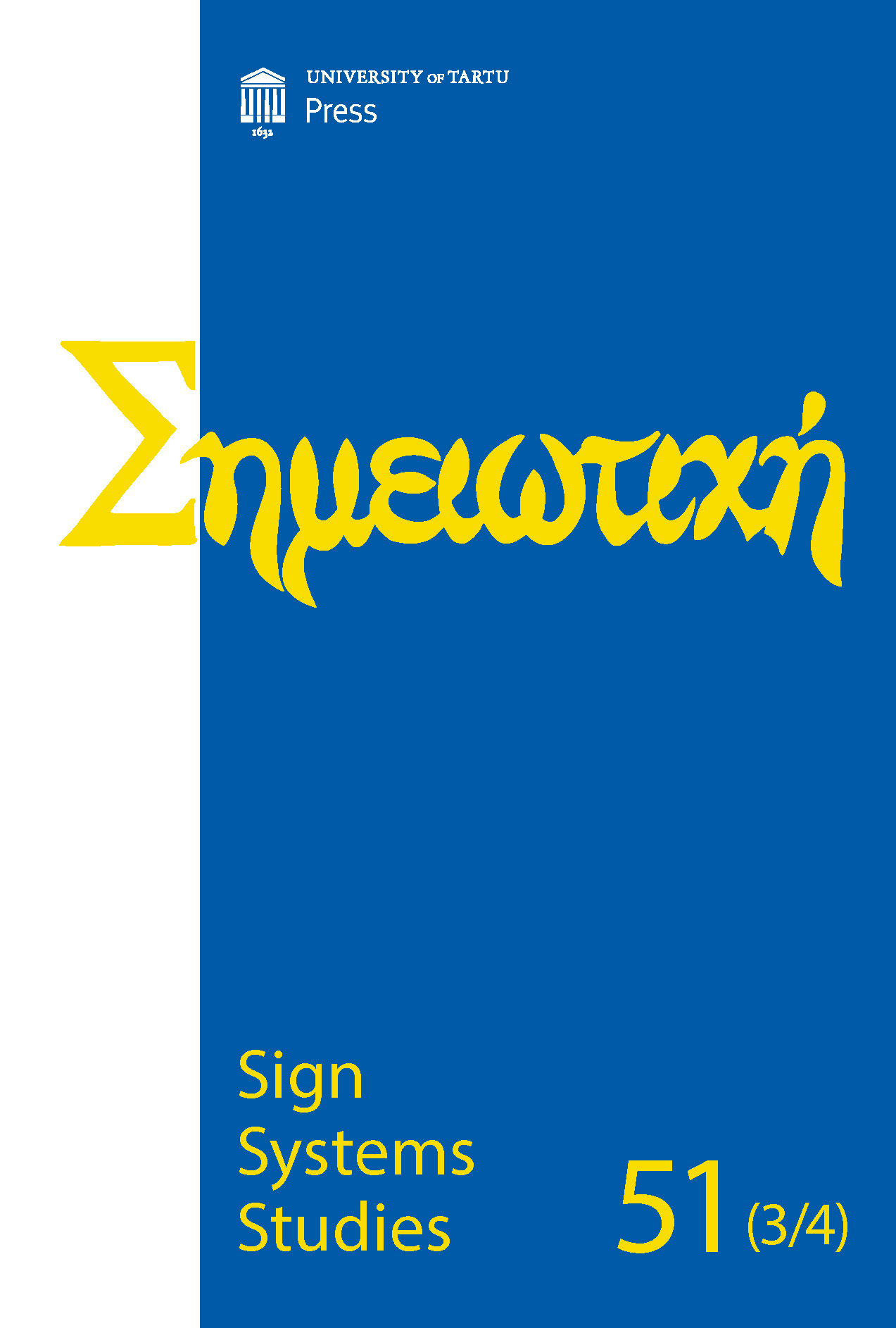The institutional fate of Uexküll’s umwelt theory at the University of Hamburg
DOI:
https://doi.org/10.12697/SSS.2023.51.3-4.01Keywords:
Jakob von Uexküll, Institute for Umwelt Research, University of Hamburg, umwelt theory, National Socialism, zoology, Friedrich Brock, Berthold Klatt, Curt Kosswig, Franz SauerAbstract
Due to Jakob von Uexküll’s umwelt theory, the Institute for Umwelt Research at the University of Hamburg, that was founded in 1928, was a unique institution worldwide for holistic research into animal behaviour and perception. However, Uexküll’s vitalistic-teleological approach and his uncompromising anti- Darwinian stance increasingly isolated him. When the closure of his institute was imminent as part of his statutory retirement in 1935, Uexküll ingratiated himself with the National Socialists in a letter to the Reich Minister for Science, Education, and Culture, which serves as a starting point for the article’s detailed discussion of his relationship to National Socialism.
Since umwelt theory could be used for the training of guide dogs and other animals useful for military purposes, the institute survived. Still, finding a suitable successor to Uexküll proved difficult because hardly anyone among the German zoologists believed Friedrich Brock, Uexküll’s preferred candidate, would live up to Uexküll’s originality. The most important opponent to Brock’s appointment was Berthold Klatt, professor of zoology at the University of Hamburg, who did not expect any significant progress in zoology from Uexküll’s umwelt theory. After Brock’s death in 1958, the sworn circle of supporters of Uexküll’s umwelt theory tried in vain to push through a successor from their ranks. At the instigation of Curt Kosswig, Klatt’s successor in the Chair of Zoology, Franz Sauer succeeded Brock in 1959. However, a polemical article written by Gösta von Uexküll provoked a scandal, in the wake of which Sauer resigned. In 1960 the Institute for Umwelt Research became a department of the Zoological Institute, existing in the lecture timetables until 1966.
Thus, the fate of Uexküll’s research institution depended mainly on external and personal factors or, to speak in Uexküllian terms, on the umwelten of the protagonists and antagonists.
Downloads
Downloads
Published
How to Cite
Issue
Section
License
Copyright (c) 2024 Stefan Kirschner

This work is licensed under a Creative Commons Attribution-NonCommercial-NoDerivatives 4.0 International License.


